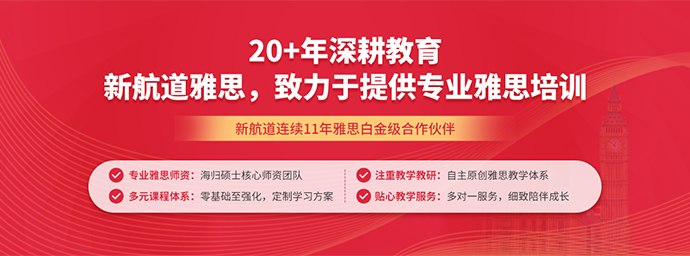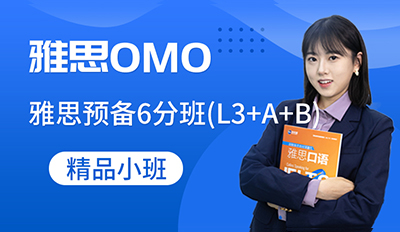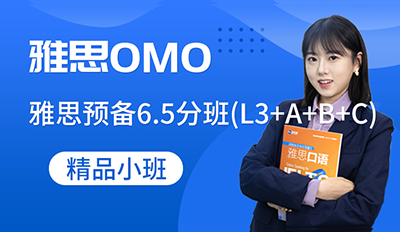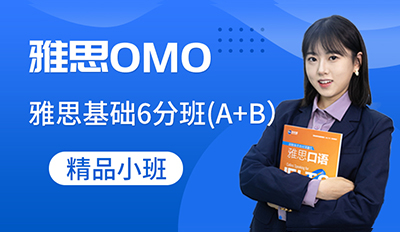
今天和大家分享一篇雅思写作的范文-高学历收入高。关于学历与收入的话题,一直都是热点话题。今天小编就给大家找来了关于此话题的满分范文!
It is right that college graduates earn higher salaries than the less well-educated in the community. But they should also pay the full cost of their study. Do you agree or disagree with this statement?
Some conclude that college students should bear Idontknowl expenses for their higher learning on the generalization that college graduates usually receive higher salaries for similar jobs than those without a college degree. We can not deny that higher level of education, indeed, do associate with better income. Still, build on such fact alone, the conclusion remains questionable when more aspects are taken into consideration.
The whole argument in question rests on an assumption that it is always the case that people with higher education make more money than those less well-educated. But salary or income is, in most cases, based on contributions made by employees to companies or organizations in which they are employed. Statistics in the labor market indicate that people with professional training tend to find jobs easier than college graduates do and that blue-collar workers who do not hold college degrees are becoming the hotties in the labor market. Employers prefer to hire and pay more to highly skilled and specially trained people rather than fresh college graduates. In the auto industry, for instance, skilled technicians make two or three times more than their college educated counterparts who make the average salaries in other companies. And it is widely accepted that people’s income is determined more by talent, hard work, and willingness to take risks than solely by certain qualifications such as college education. Otherwise, the unemployment rate of college graduates would not be increasing every year and the rule of supply and demand will lose much of power in controlling the labor market. Admittedly in some knowledge extensive field such as research, teaching, and practice of law the labor force are primarily consists of highly educated professionals. But such people make up only a fraction of the labor market and are thus unrepresentative of the whole employment in general.
Considering the goal of education, we find that it is even more problematic for the country to throw all the responsibility of financing college education to college students. The goal of higher education of a nation is to improve and strengthen the general level of intellectual and professional capacity of its labor force, thereby increasing the competency of the nation in the global economy. As tax payers, parents all contributes to the education system and country in various ways. It is only reasonable and necessary that the country gives some forms of financially assistance to students to ease the burden of rising education costs. Such help should go to not only students from needy or impoverished families but also outstanding students from affluent backgrounds. Doing so can significantly boost the motivation of children from millions of families to engage in higher level of study. It is understandable that the general quality of people in a country will improve and its economy will benefit both now and in years to follow.
If the burden of supporting children’s higher education is dumped on parents and students, thousands of brilliant students will be deprived of chances to pursue their academic inspiration. Among those who suffer would definitely be future great scientists, business managers, artists and statesmen. The loss will be disastrous and irreversible.
In conclusion, the idea that students should also pay the full cost of their study is wrong and harmful because it is wrong to assume that higher education necessarily equalize high income. Moreover, it is in the best interest of a nation to take responsibility in financing college education so that the goal of higher education will be better met.






